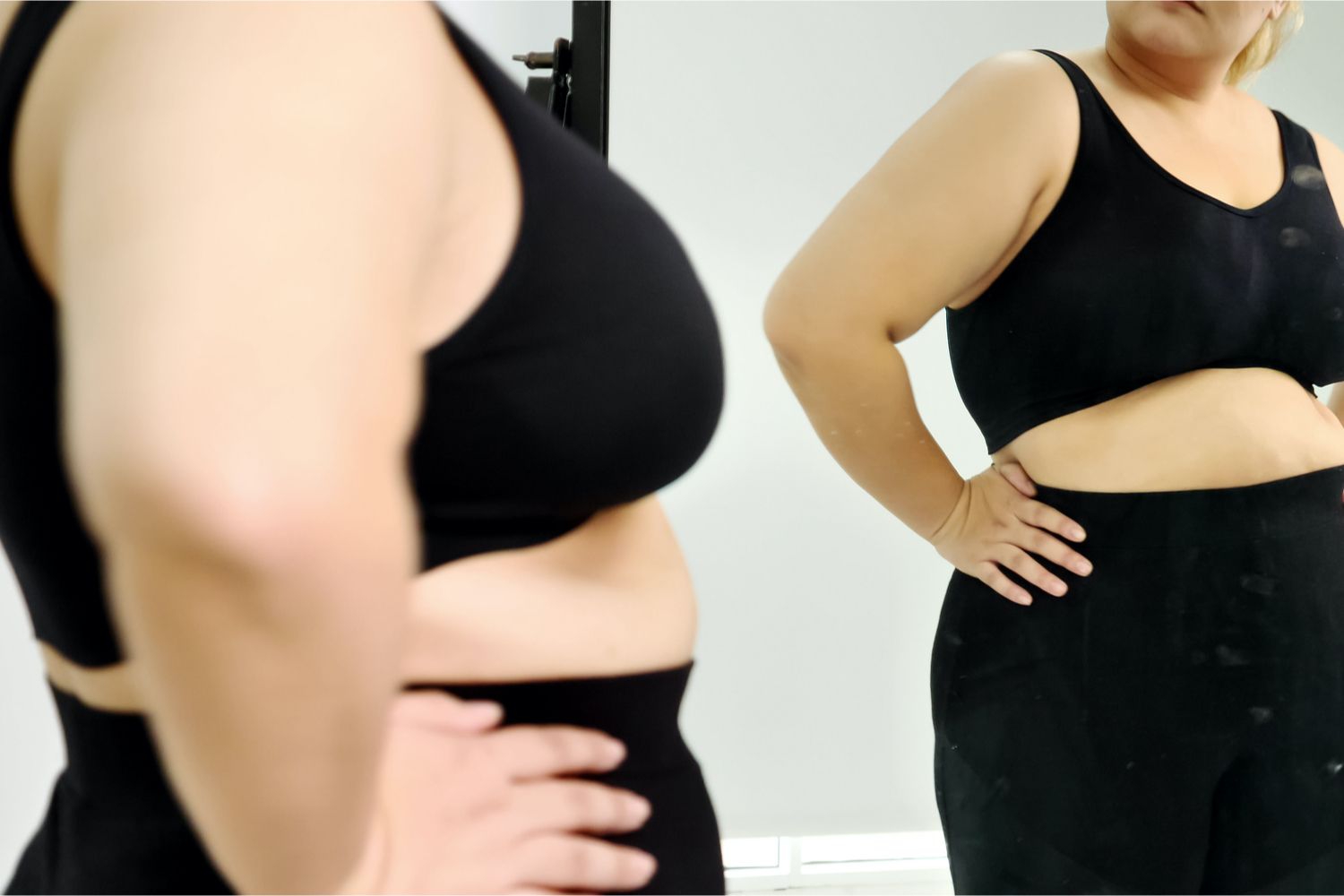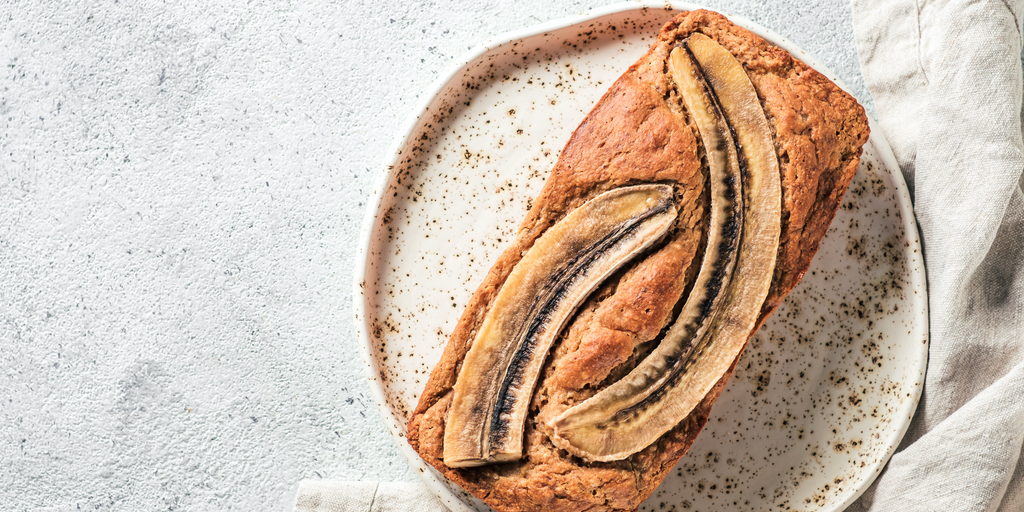A diet high in sugar can lead to weight gain – not to mention a slew of other negative health issues. So, we replace sugar with artificial sweeteners. After all, these sugar-free alternatives are usually calorie-free. But even though artificial sweeteners aren’t high calories, they can alter the bacteria in your microbiome, and this makes it harder to avoid weight gain.
The microbiome influences weight gain
We often think that weight gain boils down to how many calories we eat and how many calories we burn (or don’t burn). However, it’s not always that simple.
After all, researchers already know that non-nutritive sweeteners (artificial sweeteners) are connected with changes in body weight and our body’s ability to tolerate glucose (sugar). Therefore, weight gain isn’t just about calories in and calories out.
But how do artificial sweeteners impact weight gain? It all boils down to gut health and your microbiome, which plays an important role when it comes to healthy body weight.
Artificial sweeteners change gut bacteria related to weight gain
In a study published last month, researchers discovered that non-nutritive sweeteners had a strong influence on bacteria in the gut.
These non-nutritive sweeteners (NNS) included acesulfame potassium, saccharin, sucralose and rebaudioside A, an active ingredient in Stevia.
In particular, this group of NNS prevented healthy gut bacteria from reproducing. What’s worse, these artificial sweeteners increased the amount of Firmucutes – a type of gut phyla which is connected with weight gain in prior studies.
Therefore, if you’re trying to maintain a healthy body weight, or you’re aiming to lose weight, it may be a good idea to avoid artificial sweeteners. Sure, they’re low in calories, but their impact on the microbiome can actually make it harder to prevent weight gain.




